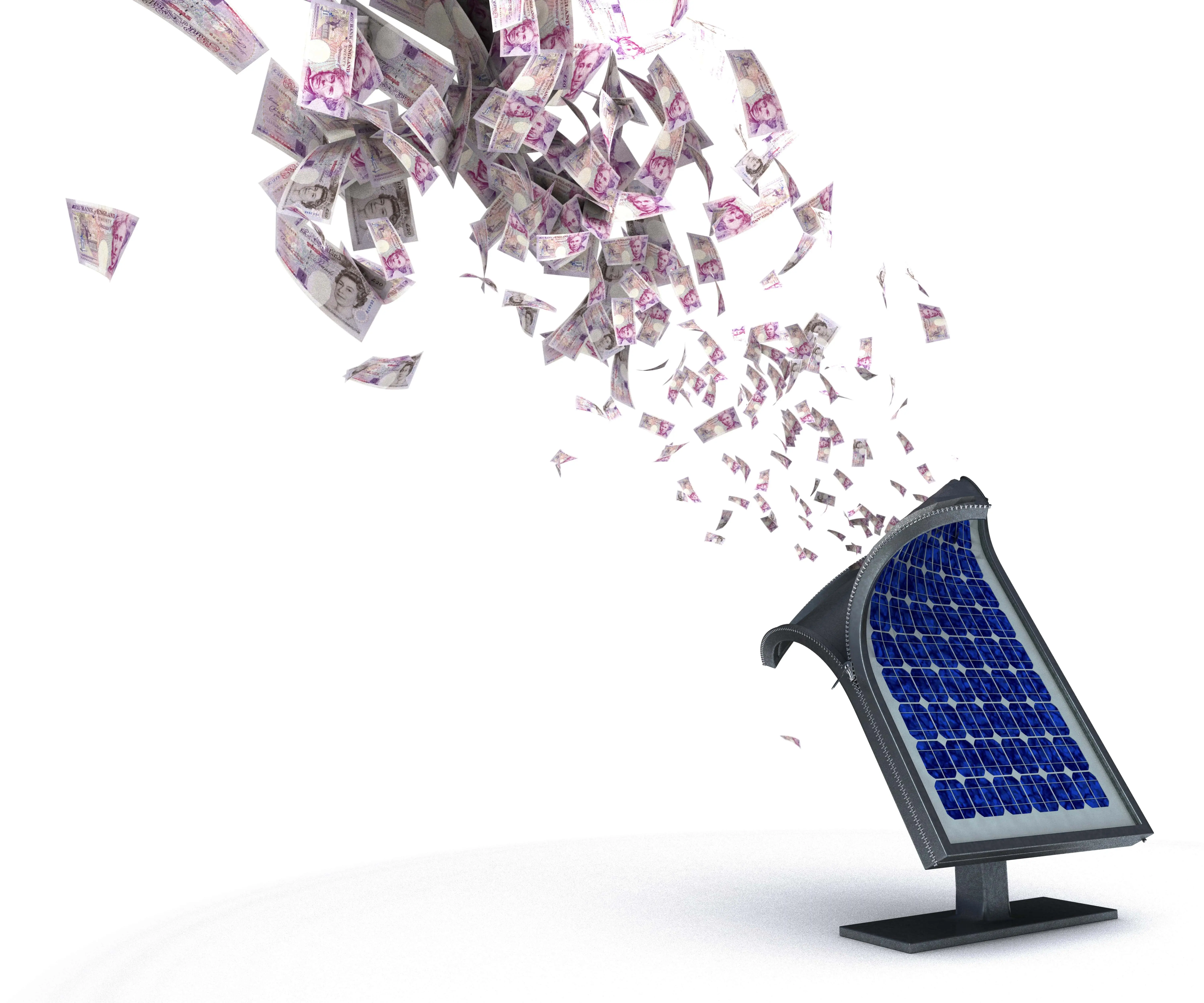Solar Panels and ROI: When Will You See Savings?

Understanding how quickly your solar investment can pay off is crucial for businesses and homeowners considering this eco-friendly energy source.
Understanding ROI for Solar: How Long Does It Take to Pay Off?
Solar energy is becoming more popular, especially for businesses wanting to lower their energy costs and reduce their environmental impact. Investing in solar panels is a big decision, so understanding the return on investment (ROI) is essential. Here, we’ll break down what solar ROI is, what affects it, and how companies can get the best value from their solar systems.
What is Solar ROI?
Solar ROI is a measure of how quickly you can make back the money spent on solar panels through savings on energy bills. Solar systems produce electricity you can use immediately or store for later. When a solar panel company installs a commercial solar system, the savings come from reducing regular electricity costs over time. The quicker the system covers its own costs, the better the ROI.
Key Factors That Affect Solar ROI
Several factors influence how quickly a solar investment can pay off:
- Installation Costs The cost of installing solar panels depends on the location, project size, and equipment type. Higher-quality options, like efficient panels from top solar companies, may cost more upfront but often offer a better ROI over time.
- Energy Costs Solar’s ROI is directly tied to electricity prices. In areas with high energy costs, businesses can see faster payback periods because they save more by using solar instead of traditional electricity.
- System Size and Efficiency The more energy a system produces, the faster it can lower energy bills. Choosing the right system size and efficient panels is crucial. High-efficiency solar panels can sometimes come with a higher price tag, but they’re designed to make the most of every bit of sunlight, even in smaller spaces. This means more energy generated per panel, giving businesses better long-term savings and making these panels a smart investment.
- Incentives and Tax Benefits Government incentives, tax credits, and rebates can really lighten the upfront costs of going solar. In many areas, businesses can take advantage of these benefits to reduce initial expenses, which helps shorten the payback period. The result? A quicker path to savings and a stronger ROI.
- Maintenance and Upkeep Solar panels require very little maintenance—mostly just occasional cleaning and check-ups to keep them running at peak efficiency. These low upkeep costs mean that a well-cared-for solar system continues to deliver reliable performance, boosting the overall return on investment.
How Long Does It Usually Take to Break Even?
For most commercial solar systems, businesses see a payback period of 5 to 10 years, though it can vary. Some companies reach their break-even point within just 3 or 4 years if they invest in high-quality systems and take advantage of available incentives. Once the system pays for itself, the business essentially benefits from free electricity for the rest of its life—often up to 25 years.
- Getting the Best ROI with Top Solar Panels Choosing the right solar panel company is crucial for a durable, long-lasting system that performs well. High-quality commercial solar solutions give steady power output and are built to last, which helps lower the cost per kilowatt-hour over time. It’s worth researching brands known for the best solar panels, with a focus on key details like efficiency, warranties, and durability.
The efficiency rating of a solar panel tells you how well it converts sunlight into usable electricity, directly impacting ROI. High-efficiency panels may cost a little more, but the extra energy they generate can lead to significant savings over time. - The Financial and Environmental Impact Switching to solar provides both financial and environmental benefits. Not only does it cut down on electricity costs, but it also reduces a company’s carbon footprint. Solar-powered companies show a commitment to sustainability, attracting eco-conscious customers and boosting their public image. Over 25 years, a single commercial solar system can prevent thousands of tons of CO₂ emissions, which is a win for both savings and the planet.
- Final Thoughts: Is Solar Worth It? For companies considering commercial solar solutions, understanding ROI is key. While the initial investment may seem high, the long-term savings and environmental impact often make solar an excellent choice. With thoughtful planning, quality products, and by taking advantage of available incentives, businesses can recover their investment within a few years and enjoy energy savings for decades. Working with a trusted solar panel company ensures you get a system that’s both reliable and efficient, delivering value for years to come.
See More Insights
Assessing the Durability of Solar Panels: Can They Withstand Hurricanes and Extreme Weather?
Join Us, Lead the Crown Change
Ready to power up? Partner with us. From comprehensive partner programs to media kits and warranty claims, all the support you need is just a click away.



